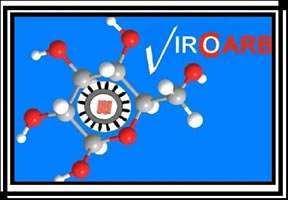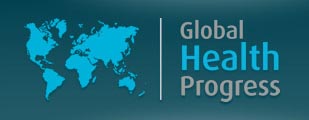Toronto, Canada, December 01, 2014 — /EPR HEALTHCAREÂ NEWS/ — ViroCarb Inc. has launched a worldwide crowd funding campaign to promote the development of its new HIV infection inhibitor.

WORLD AIDS DAY – Make a donation to save lives from AIDS! Support new treatment development at: https://www.indiegogo.com/projects/funding-a-new-therapy-against-drug-resistant-hiv/x/9240077
Despite the great progress made in HIV/AIDS treatment, there is still an urgent need for new drugs, particularly for people who have had to abandon existing treatments due to HIV drug resistance and side effects.
The current treatment of HIV/AIDS involves the use of three or more drugs from five main general classes, used in combination. While this antiretroviral therapy (ART) has helped to reduced morbidity and mortality from AIDS, long term toxicity and the emergence and transmission of drug resistant HIV strains limit the effectiveness. Thus, despite therapy which can render this a chronic, rather than acute fatal infection, development of new drugs to prevent infection and overcome drug resistant strains, is increasingly urgent.
ViroCarb Inc. is developing a novel technology that addresses infections by drug resistant HIV strains. Developed from the identification of a new, natural resistance factor against HIV infection by scientists at SickKids and Canadian Blood Services, ViroCarb’s inhibitor works against a previously overlooked target on the virus to block HIV from entering human cells, the very first step in the infection. It works against all HIV strains.

Funds are needed to aid in moving forward to support preclinical studies; therefore ViroCarb Inc. has started an international crown funding campaign to carry out these HIV model studies needed before conducting clinical trials.
Please support this new way to block HIV.
Contact-Details: Dr. Mario Huesca
479 Simonston Boulevard.
Thornhill ON.
L3T 4M4 Canada
Facebook: https://www.facebook.com/ViroCarb;
Website: http://www.virocarb.com
Via EPR Network
More Healthcare press releases



